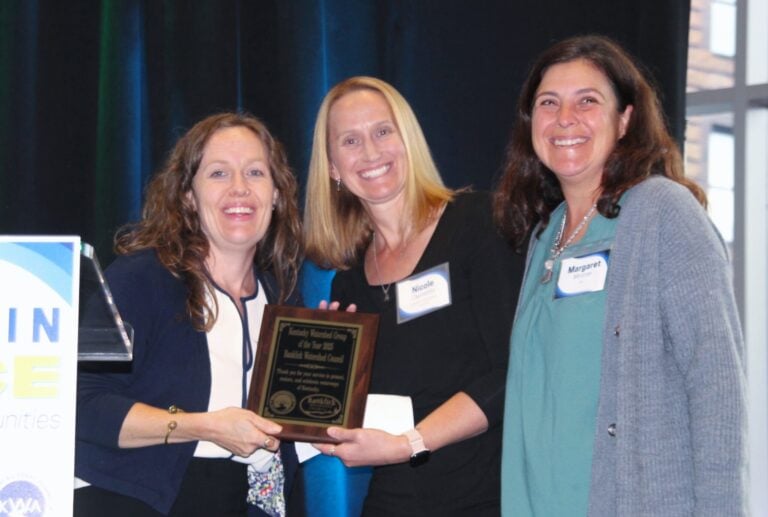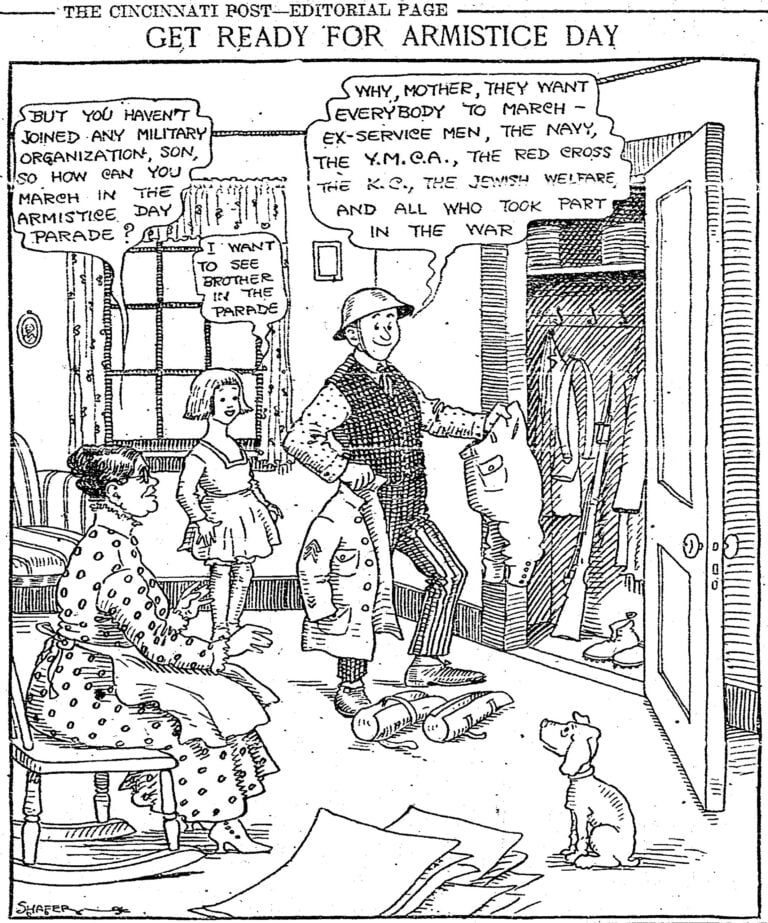By Nadia Ramlagan
Public News Service
Protecting, supporting and listening to Kentucky’s kids is the focus of Children’s Advocacy Week. As events at the Capitol in Frankfort wrapped up, advocates outlined critical policy recommendations they say will help shape better lives for kids.
Alicia Whatley, policy and advocacy director for Kentucky Youth Advocates, pointed to House Bill 275, aimed at reducing the risk of child sexual abuse and exploitation by mandating that all schools cannot enter into nondisclosure agreements about misconduct involving minors or students. Whatley said it would prevent teachers with a history of inappropriate relationships with students from maintaining a “clean” employment record.
“Part of that bill’s purpose,” she said, “is to ensure that teachers don’t have the ability to do that and put more kids at risk.”
Other priorities of the “Blueprint for Kentucky’s Children” coalition include increased housing stability, investments in child care, enforcement of youth vaping-prevention laws, and creating a continuum of care for youths in the juvenile justice system.
Kentucky’s Medicaid reimbursement rates for mental-health services lag behind bordering states, in some cases by more than 35%.
Grayson County high school student Amelia Williams said serious mental-health issues in her school have become commonplace. She said she believes it’s critical to expand access to counseling and treatment for youth.
“You will have so many kids in your class that will be failing because of all this mental stuff they have going on,” she said. “It’s just so prominent in schools now. I feel like now more than ever, is really the best time to act, because we are in a period of new ideas and new solutions.”
Whatley noted that Kentucky has some of the highest maternal mortality rates in the country, especially among Black women. The Blueprint for Kentucky’s Children calls for reducing barriers to opening free-standing birth centers, health-care facilities designed for childbirth in a home-like environment, suitable for low-risk pregnancies.
“This is an option that lets women have a birth setting that is outside of a hospital,” she said, “using the midwifery model of care.”
According to state data, more than 90% of maternal deaths in Kentucky are considered preventable.






















